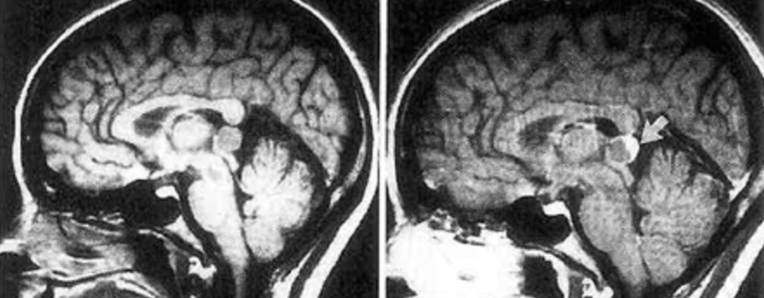Photo Credit: istock.com/lyosha_nazarenko
Depending on disease stage and treatment modality, patients with lung cancer are prone to malnutrition. Early identification of patients with the disease who are malnourished or at risk for malnutrition can promote recovery and improve prognosis.
New research assessing the risk and nutritional status of patients with lung cancer and the impact of nutritional intervention on the risk of malnutrition found that most patients exhibit an altered nutritional status. According to Raquel Oliveira and colleagues, timely nutritional screening using the Nutritional Risk Screening (NRS) score is strongly recommended. They reported their findings in Nutrients.
Based on their findings, the researchers intend “to promote early nutritional interventions in all hospitalized patients with lung cancer, even with advanced disease, and sensitize all healthcare professionals to the relevance of this therapeutic approach.”
The prospective observational study included 53 patients with lung cancer hospitalized between 2022 and 2023 and referred to nutritional evaluation. The majority (71.7%) were men, and 47.2% of the patients presented with an Eastern Cooperative Oncology Group score of 1. Lung adenocarcinoma was the most common cancer, diagnosed in 60.3%. Most patients (84.9%) presented with stage IV cancer. The patients had their nutritional risk (initial and final) and nutritional status (initial) evaluated.
At the time of hospitalization, 90.6% of patients were at nutritional risk, defined by an NRS score (≥3). Additionally, 45.3% and 35.8% of patients were classified as moderately malnourished and severely underweight, respectively.
Nutritional counseling was the first intervention option, along with dietary counseling and changes in hospital diet with or without oral nutritional supplements. The investigators found that after nutritional intervention, the number of patients at nutritional risk decreased significantly at discharge (73.6%; P=0.006).
“In our study, the personalized nutritional intervention reduced the proportion of patients at nutritional risk, which is crucial for [patients with lung cancer] to mitigate the adverse effects of malnutrition in this population. Furthermore, based on our daily clinical experience, clinical nutritionists should be involved in tumor boards to provide nutritional support to [patients with] lung cancer when necessary,” the researchers concluded. “Nutritional intervention should start with precise counseling and a personalized diet at the time of the diagnosis. However, more extensive studies are required to ascertain the prognostic impact of nutritional interventions.”




















Create Post
Twitter/X Preview
Logout